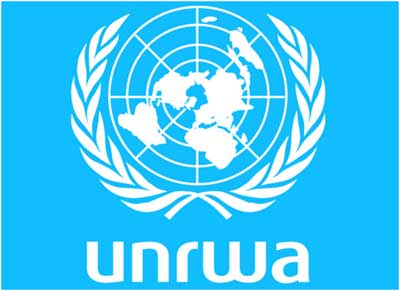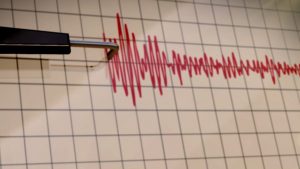By Charlotte Munns
UN, Jun
UNRWA came under fire by Jason Greenblatt, US Special Envoy for International Negotiations, at a Security Council meeting late last month.
Allegations and criticism raised by Greenblatt did little to aid the already precarious financial situation of the Agency. Last week, UNRWA held a press conference at the UN in an attempt to raise awareness — and funds for their work.
The
UNRWA requires US$1.2 billion to fund all its operations in the coming year. However, fears have been raised regarding their ability to do so. Unless the Agency is able to secure at least US$60 million by the end of this month, their ability to provide food aid to over 1 million Palestine refugees seems uncertain.
The Agency is funded predominantly by
Matthias Schmale, Director of UNRWA Operations in Gaza, noted at the press conference last week, “right now, strictly financially speaking, we don’t have the money to guarantee the opening of schools in the fall.”
These financial concerns have largely arisen following the United States’ refusal to continue funding the
“The UNRWA model has failed the Palestinian people,” he said, describing the Agency as an “irredeemably flawed operation” and a “band-aid” solution. Instead, he proposed
In his explanation of the United States’ decision, he reaffirmed the country’s support of Israel, stating “the United States will always stand with Israel.”
This prompted criticism that the decision to cease funding UNRWA was a political move, rather than for issues with the Agency’s functioning.
Peter Mulrean, Director of UNRWA’s Representative Office in New York, said in a statement to IPS that “UNRWA regrets the U.S. decision to stop funding UNRWA after decades of being the Agency’s single largest donor and strong partner.” However, he refused to speculate on the motives behind that decision.
Greenblatt claimed the
In his response, Mulrean said: “UNRWA is a UN humanitarian Agency that has no political role in Palestine or anywhere else.”
Despite this, UNRWA was asked at the press conference to respond to claims its members have involvement with Hamas after weapons were found stored in a school, and tunnels were located beneath multiple UNRWA educational buildings.
The Agency noted its officials reported all such incidents, and measures were taken to remove the weapons and close the tunnels.
Criticism of UNRWA seems at odds with the Security Council’s stance on the Agency.
Stéphane Dujarric, Spokesman for the Secretary-General, said in a press briefing last week, “the
At the Security Council meeting last month it was only the United States and Israel that spoke against UNRWA. All other 14 member states reaffirmed their support for the Agency.
“That is a reflection of the broad support UNRWA enjoys in the international community,” Mulrean told IPS.
Despite this, UNRWA has for years struggled to meet its budget. Last year, around 42 countries and institutions increased their contributions to erase an unprecedented deficit of US$446 million.
Greenblatt noted the United States was frequently called upon to fill budget gaps. Having pledged around US$6 billion to the
Instead, the United States has called for a conference in Bahrain—June 25-26– to discuss possible solutions to the Palestine refugee crisis. Many see this as compensation for withdrawing funding for UNRWA.
While Mulrean refused to take a formal position on the upcoming conference in Bahrain, he did say that UNRWA doesn’t see this as in competition with the Agency’s work.
UNRWA has fought Greenblatt’s criticism before
“This is our reality,” Mulrean said, “we have schools to run, we have clinics to run, we have people to feed.”



